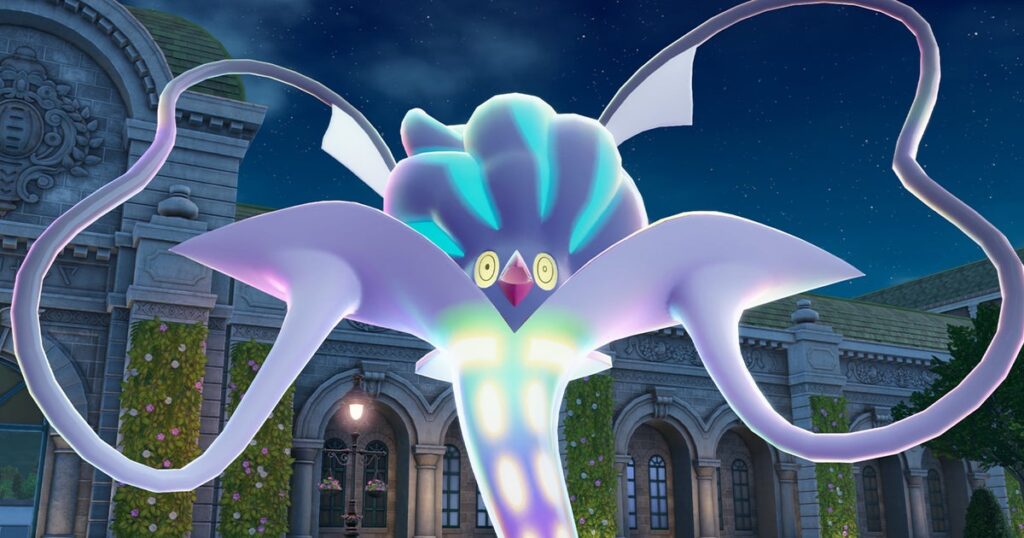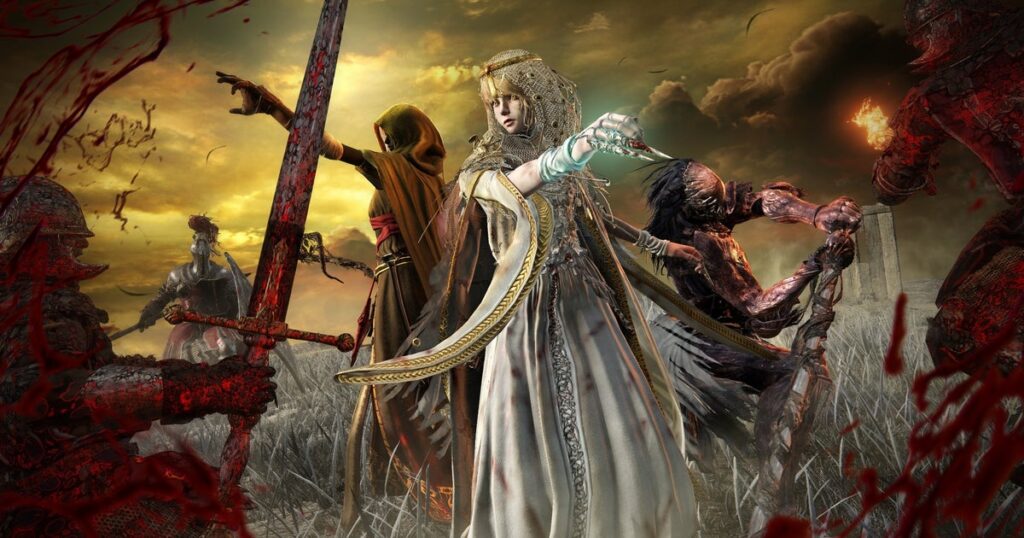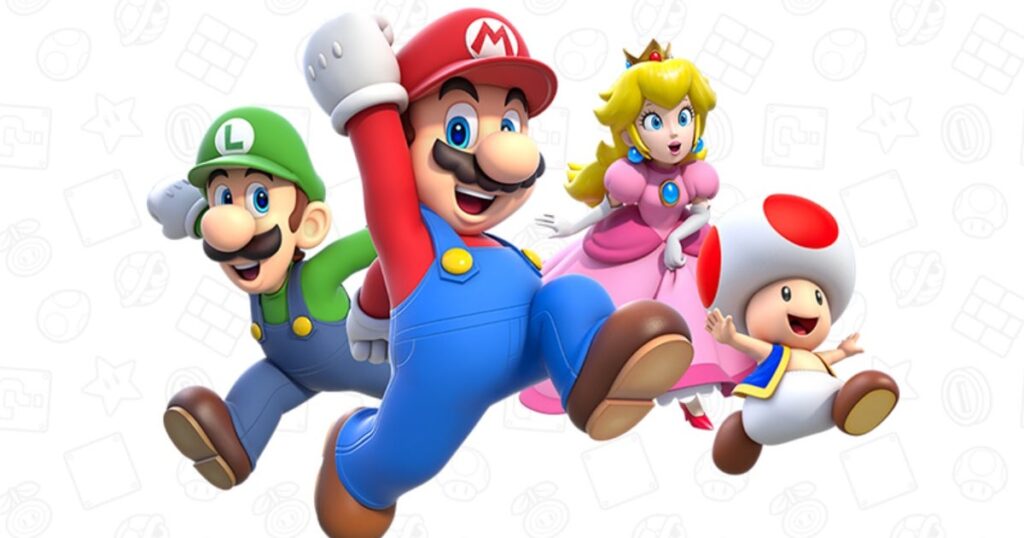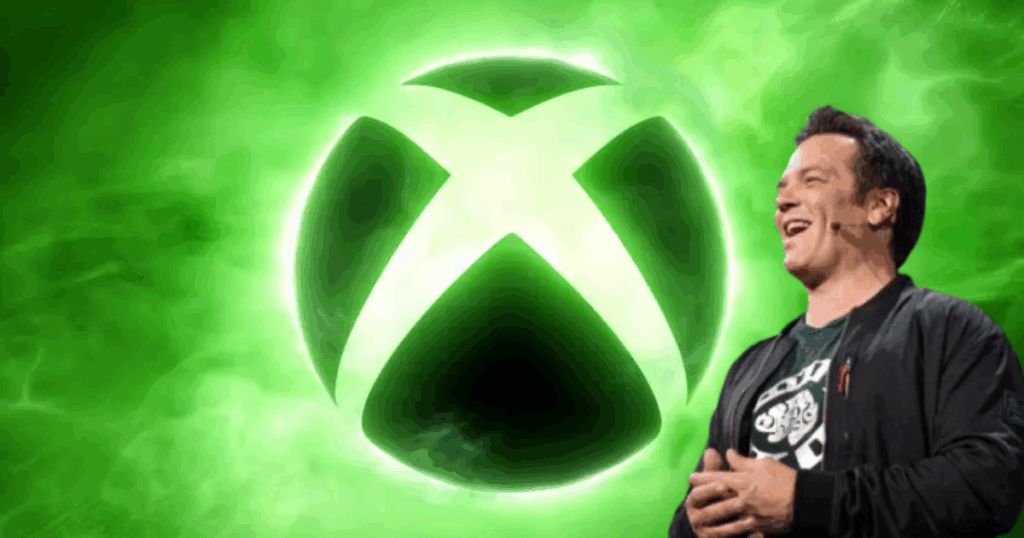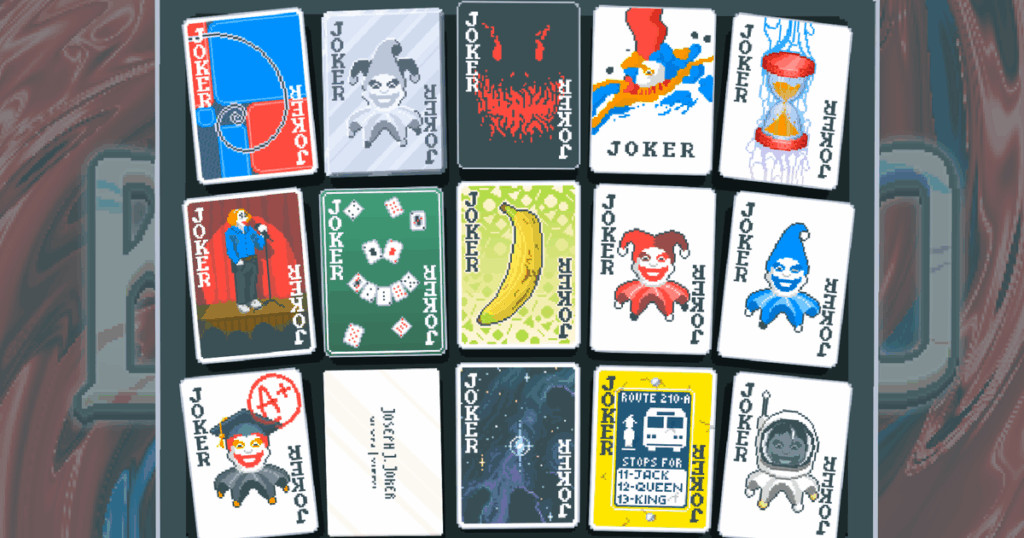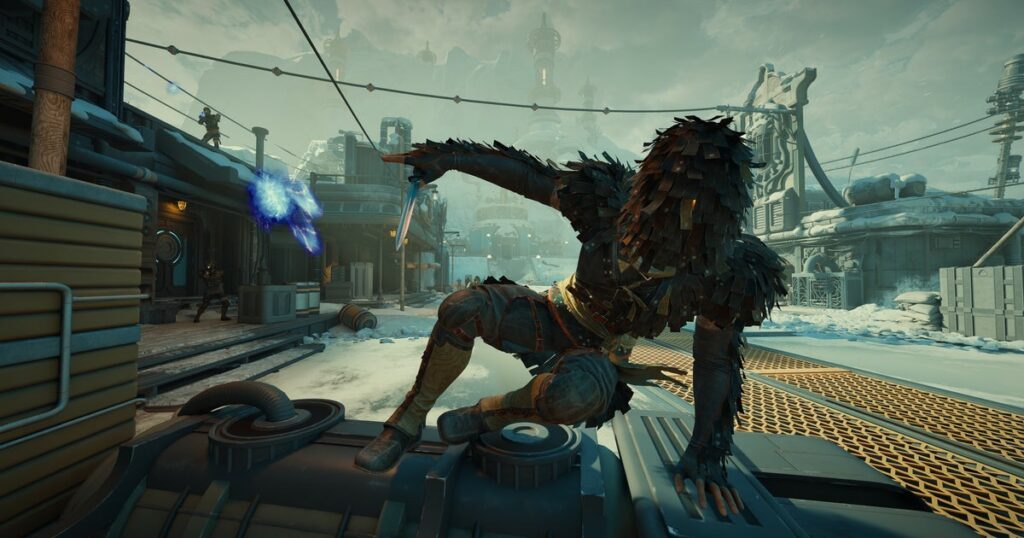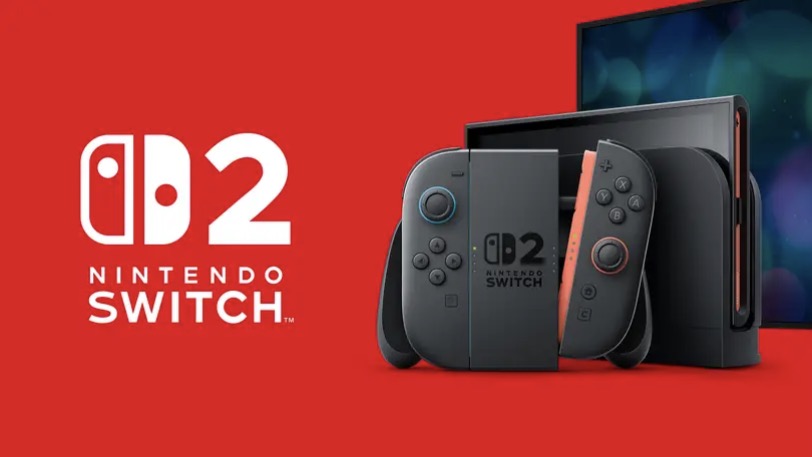Microsoft has walked back on its previous decision to hike the price of its new first-party Xbox games up to $80 USD this ‘holiday season’, saying it’s sticking to a lower price point “in line with current market conditions”.
Hints of a pricing rethink first emerged earlier today, when Microsoft first-party studio Obsidian Entertainment revealed its upcoming sci-fi action-RPG The Outer Worlds 2, which had previously been given an $79.99 price tag, would now cost $69.99.
“We have received your SOS via skip drone about the pricing,” the studio wrote. “As an organisation devoted to making sure that corporations do not go unfettered, we at the Earth Directorate have worked with [REDACTED] to revise the price of The Outer Worlds 2.”
In a follow-up statement to Windows Central, Microsoft confirmed the pricing adjustment wasn’t unique to The Outer Worlds 2. “We’re focused on bringing players incredible worlds to explore,” an Xbox spokesperson told the publication, “and will keep our full-priced holiday releases, including The Outer Worlds 2, at $69.99.” It didn’t provide a precise reason for its strategic U-turn, only saying the move was “in line with current market conditions.”
Xbox was, of course, the first major publisher to announced a price increase to $80 for “some” of its new first-party games earlier this year, and Nintendo swiftly followed suit, slapping an $80 price tag on Switch 2 launch title Mario Kart World. At the time, however, the company stressed it would be adopting a “variable pricing” system for its new console and, to date, Mario Kart World is the only Switch 2 game to sport that bumper price tag.
And no other publisher has yet followed Xbox’s bullish lead. Even Take-Two, which has long been rumoured to be considering an $80 price tag for GTA 6, has remained firm on its variable pricing stance, pointing to its upcoming $50 Mafia: The Old Country.
While some in the industry see rising game prices as inevitable, Eurogamer’s Chris Tapsell took at look at the phenomenon earlier this year, noting that soaring prices have a cost beyond buyers’ wallet – the concept of ownership itself.

